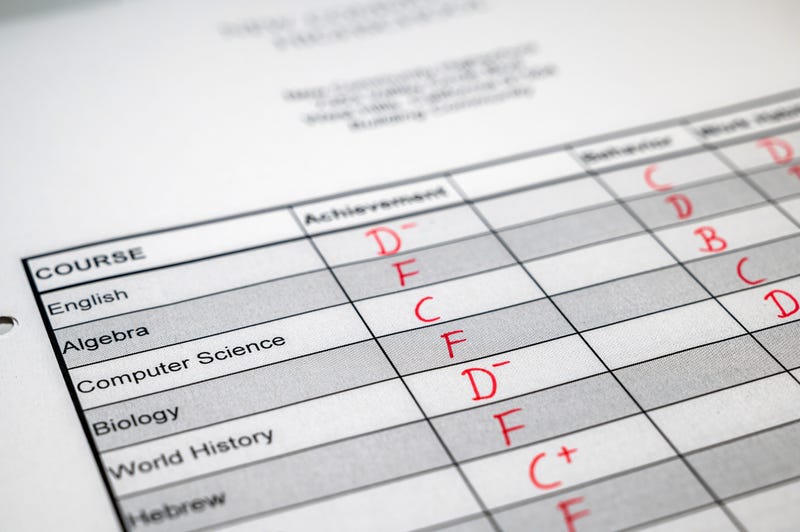
ANN ARBOR (WWJ) — A new study from researchers at the University of Michigan has found students with alphabetically lower-ranked names typically receive lower grades.
Researchers say it’s due to “sequential grading biases and the default order of students’ submissions” in online learning management systems like Canvas, the program U-M uses for grading.
Those “alphabetically disadvantaged students” also receive comments from professors that are “notably more negative and less polite,” and exhibit lower grading quality measured by post-grade complaints from students, according to the study.
Speaking to WWJ’s Taylor Dietz, study co-author Helen Wang says this can be generalized across institutions, as most universities use comparable grading applications like Canvas, Moodle or Blackboard that source students alphabetically.
“The graders tend to give lower and lower grades as they grade more and more students,” Wang said. “And the students themselves are more and more likely to raise questions or argue over grades when they are ranked lower in the sequence.”
The research uncovered a “clear pattern of a decline in grading quality as graders evaluate more assignments,” according to the study.
The researchers collected available historical data of all programs, students and assignments on Canvas from the fall 2014 semester to the summer 2022 semester. They supplemented the Canvas data with university registrar data, which contains detailed information about students' backgrounds, demographics and learning trajectories at the university.
According to Wang, students whose last names start with A, B, C, D or E received a 0.3-point higher grade out of 100 possible points compared to when they were graded randomly. Likewise, students with later-in-the-alphabet last names received a 0.3-point lower grade, creating a 0.6-point gap.
More information on the study is available on The University Record website.
